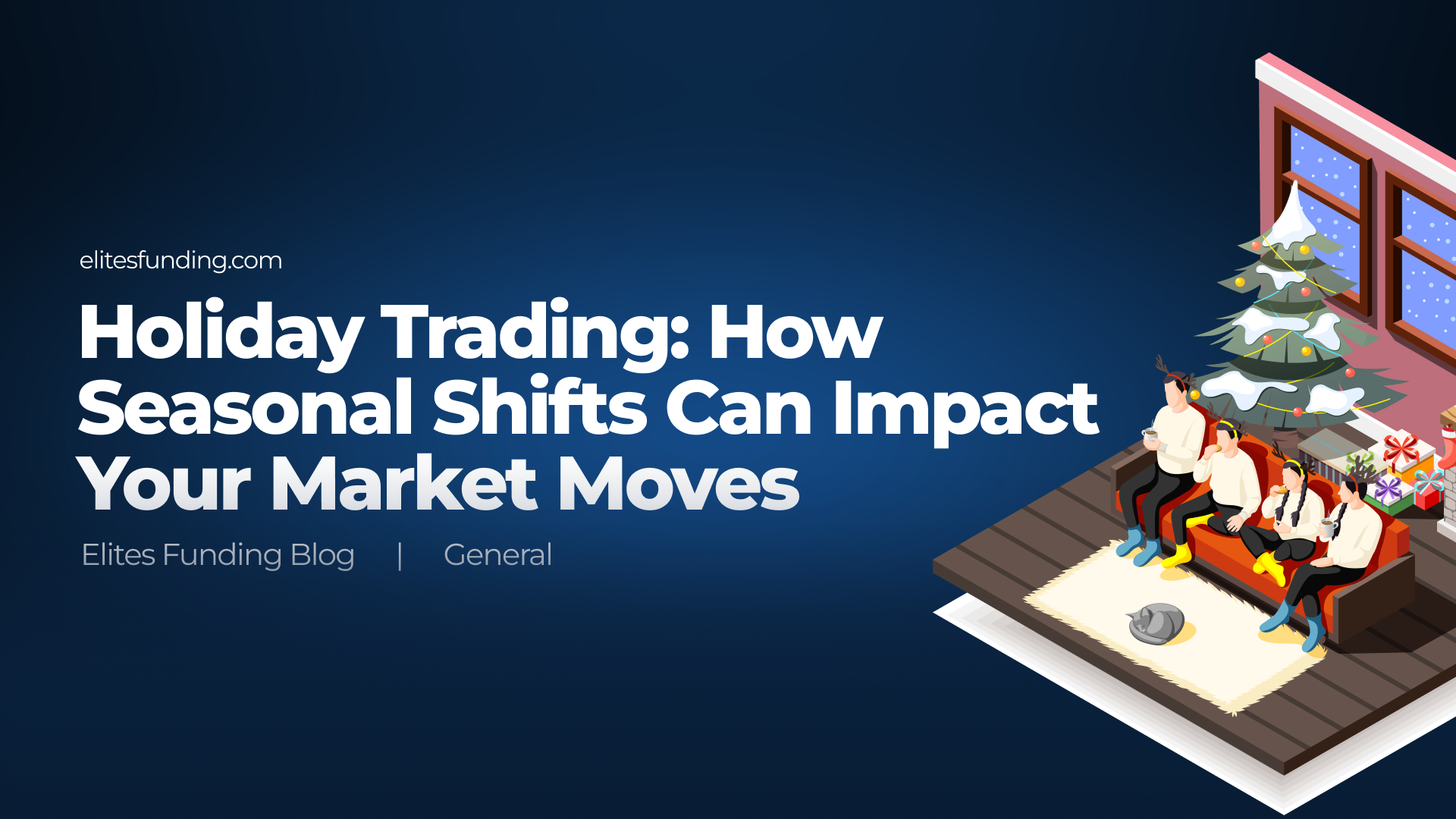The holiday season, with its festive cheer and celebratory spirit, can have a significant impact on financial markets and trading activities. Understanding these seasonal influences is crucial for traders looking to navigate the markets effectively during these times. In this comprehensive guide, we explore the various ways holidays can affect trading and provide strategies to adapt your trading approach accordingly.
Understanding Holiday Market Dynamics
Holidays often bring about noticeable changes in market behavior. Reduced trading volumes, shifts in investor sentiment, and altered market liquidity are just a few of the factors that can influence trading during these periods.
1. Reduced Trading Volumes: During holidays, many traders and investors take time off, leading to reduced trading volumes. This can result in less market liquidity, making it more challenging to execute large orders without impacting the market price.
2. Volatility Spikes: Lower volumes can also lead to increased volatility. With fewer market participants, any significant trades can have a more pronounced effect on market prices.
3. Altered Investor Sentiment: The festive mood can influence investor sentiment. For example, the ‘Santa Claus Rally’ describes the tendency for stock markets to rise in the last week of December into the new year.
Strategies for Holiday Trading
1. Adjusting Your Risk Management: Considering the potential for increased volatility and thinner liquidity, it’s wise to adjust your risk management strategies. This might include reducing position sizes or setting wider stop-loss orders.
2. Being Wary of Market Gaps: Market gaps can occur more frequently around holidays due to sudden changes in market sentiment or unexpected news events when the market is closed.
3. Keeping an Eye on Global Markets: Remember that holidays vary globally. While one country might be on holiday, others may not be, and their market movements could still impact your trades.
4. Utilizing Technical Analysis: In times of reduced market activity, technical analysis can be a valuable tool. Patterns and technical indicators can provide insights when fundamental data is sparse.
The Psychological Impact of Holidays on Trading
1. Emotional Trading Risks: Holidays can stir up emotions, which may influence trading decisions. It’s important to maintain a disciplined approach and avoid impulsive trades driven by the festive atmosphere.
2. Taking a Break: Sometimes, the best strategy is to take a break. The holiday season can be an ideal time to step back, review your trading strategy, and recharge.
Conclusion: Navigating Holiday Trading with Confidence
As we delve deeper into the nuances of holiday trading, it becomes increasingly clear that this period requires a distinct approach. While the holidays can present certain challenges, they also offer unique opportunities for reflection, analysis, and planning.
Embracing the Learning Opportunity: The holiday season, with its atypical market conditions, serves as an excellent period for learning. It’s a time when traders can study the effects of reduced liquidity and increased volatility, gaining insights that are not as apparent during regular trading periods. This knowledge can be invaluable in developing more robust trading strategies that are resilient to market fluctuations.
Long-Term Strategy Formulation: Furthermore, holidays provide a chance to step back and look at the bigger picture. It’s an opportune time to assess your long-term trading goals and strategies. Are your methods aligned with your objectives? How have past strategies performed, and what adjustments are needed? This period of reflection can lead to more effective and efficient trading strategies in the long run.
The Importance of Balance: Additionally, the holiday season is a reminder of the importance of balance between work and personal life. Trading can be an intense career, and burnout is a real risk. The holidays offer a chance to recharge, spend time with loved ones, and return to trading with a renewed focus and energy.
Preparing for Post-Holiday Trading: Lastly, traders should prepare for the market’s return to full activity post-holidays. This means staying updated on any major news or economic developments that occurred during the break and being ready to adapt strategies accordingly. The post-holiday period often brings a renewed vigor to the markets, which can lead to significant trading opportunities.
In conclusion, holiday trading is more than navigating a different market environment; it’s about leveraging the period for learning, reflection, and strategy development. By understanding the unique aspects of holiday trading and using this time to your advantage, you can emerge as a more informed, balanced, and prepared trader, ready to tackle the markets with renewed perspective and vigor.

Comments are closed